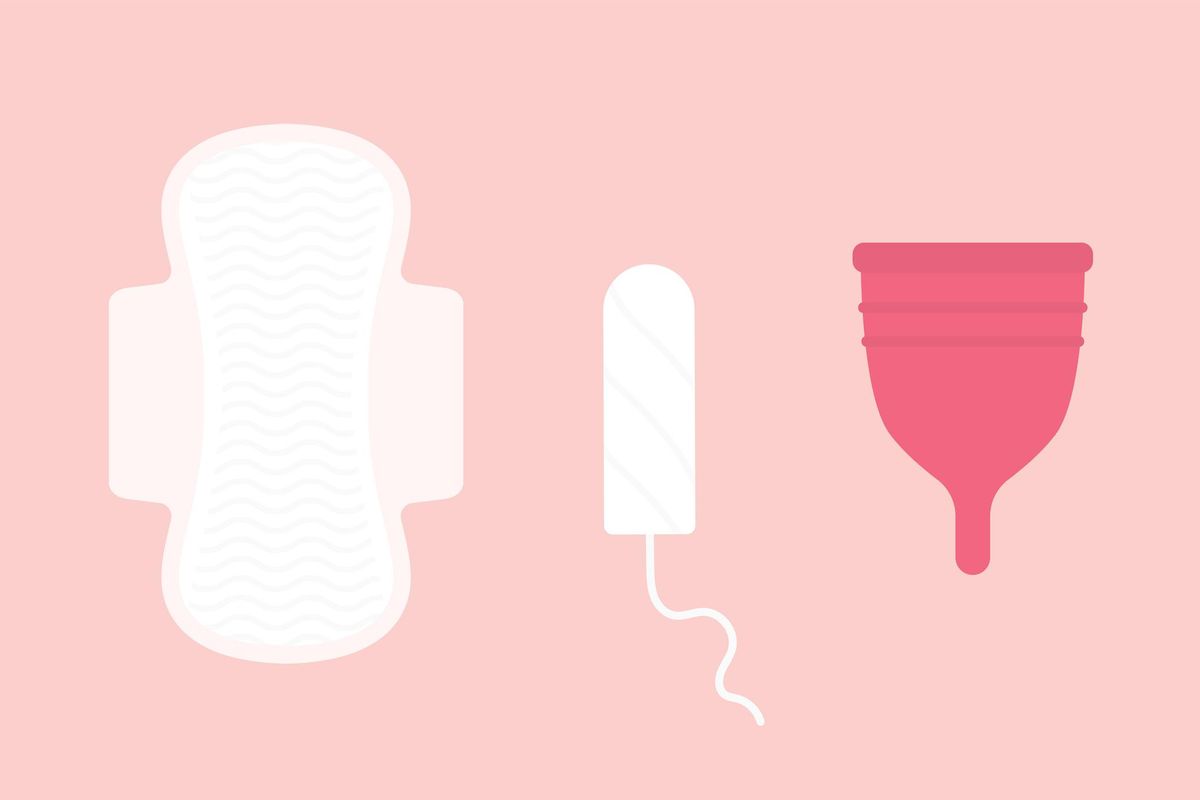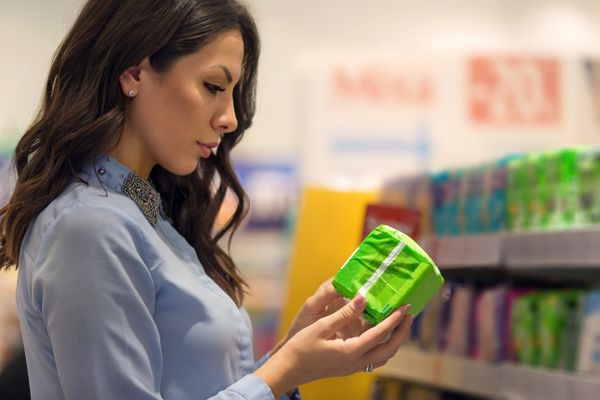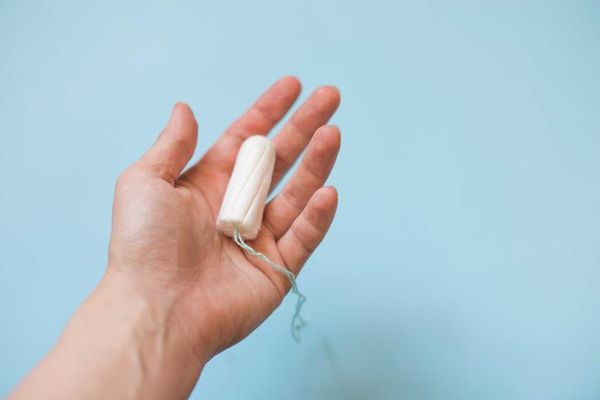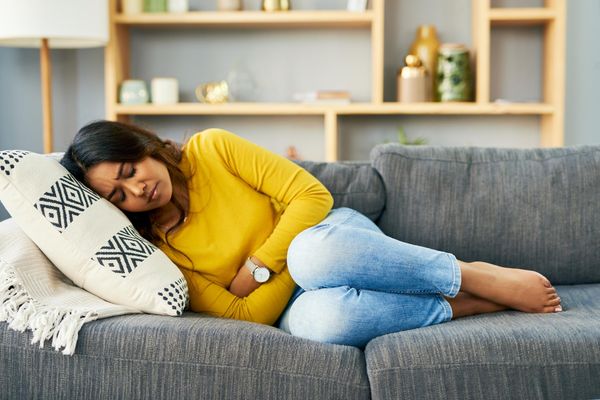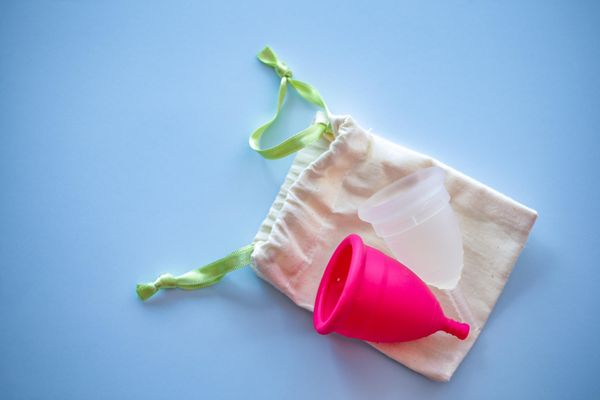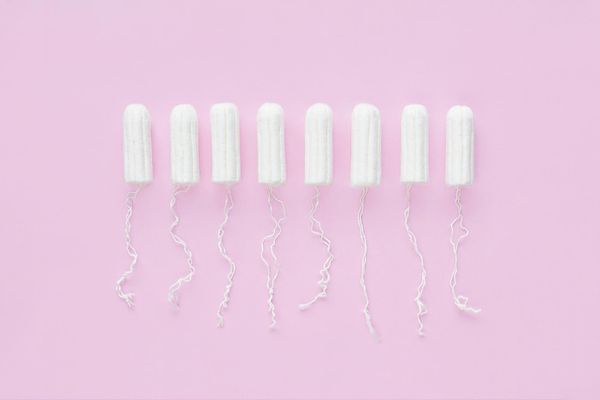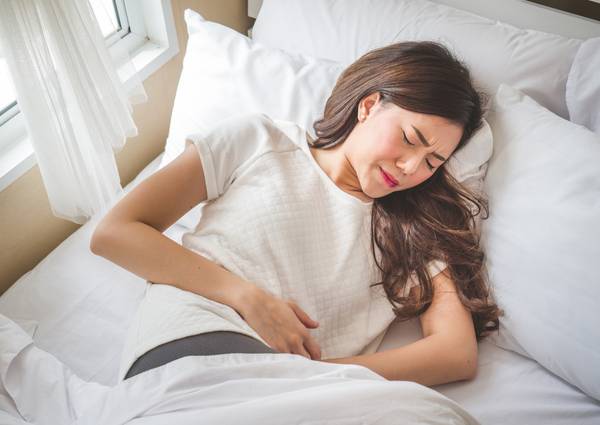In the 1990s, Laura Strausfeld was a law student at Columbia University in New York. One day, she went to the drug store to buy tampons. Strausfeld picked up a Chapstick at the counter thinking she could pay for it with the leftover change. That wasn't the case: Tampons were more expensive than she thought because they had a sales tax. Chapstick, however, did not.
This got Strausfeld's lawyer-sense tingling. "The Chapstick was considered to have a medicinal use and tax-exempt, but the tampons at that time were categorized as 'cosmetics' and taxed," Strausfeld recalled.
That realization helped spark a movement. In 2016, Strausfeld and Jennifer Weiss-Wolf co-founded the nonprofit organization Period Equity after they won a class-action lawsuit to remove the "tampon tax" in New York, arguing that the tax was unconstitutional. Today, the organization continues to fight against period poverty — the inability to access period products because of financial burden — and overall inequities related to menstruation.
"Period Equity works with pro bono lawyers around the country to legally challenge the tampon tax and to research legal routes to challenge the lack of free products for people who can't afford them, especially people in school, incarcerated, low-income and otherwise marginalized," Strausfeld said.
Working toward period equity
Socioeconomic status, race and other factors contribute to period poverty, but here's why the tampon tax matters: An extra fee on women's menstrual hygiene products allows states to profit from menstruation — $120 million per year, according to Period Equity — while anyone who menstruates is unfairly paying the price. One person in five struggles to afford menstrual products every month. This may force them to use unsanitary items, such as paper towels or rags, that can lead to health issues such as urinary tract infections and skin irritation. Mentally, the stress and shame and silence that go along with period poverty can have serious consequences: A 2021 study found that a majority of college-aged women (61.8%) who experience period poverty every month were more likely to be moderately or severely depressed than women who don't experience period poverty (43.4%).
Given the mental and physical consequences associated with period poverty and, in turn, the tampon tax, why is it still around? Strausfeld said, even though sales tax on period products typically generates less than .01% of state budgets, any law that generates revenue is difficult to change. But legislators are listening: Five years ago, 40 states had a tampon tax. Today that number is down to 27.
"No lawmaker has gone on record supporting the tampon tax," Strausfeld said. "It's hard for legislators to change something they don't know about, which is why the more it's brought to their attention, the better the chances they will change it."
Period poverty affects more Black and Latinx communities
The BMC Women's Health Journal study mentioned above found that period poverty was more common in Latinx and Black communities compared to white communities. And the inadequate access to period products can affect everyone in the family.
Hodan Barreh, 19, experienced period poverty growing up in Austin, Texas. "I realized that as a young Black, immigrant woman I was experiencing the lack of period products, and so were a lot of other young girls at my school," Barreh said. Her family had trouble affording period products, and as Barreh entered high school, she discovered that the more affluent schools across town provided period products for its students.
As a student, Barreh said she didn't have money or influence, but she thought maybe she could make a change by picking up the phone. She called around to various organizations and asked for period products to be donated to the school. When that worked, she moved on to the medical community to encourage healthcare providers to collaborate with educators on the issue of period poverty. "It was so nice to know that these girls [in the community] are able to get period products," she said. "And for women to embrace their periods and not see them stigmatized as [they are] in a lot of cultures."Creating change
Cultural shame surrounding menstruation is something Barreh knows well: Her parents immigrated to the United States from Somalia, and she said it took a long, long time for her to convince her mother that it was okay to talk about menstruation. "My mom grew up thinking she couldn't discuss periods around my dad or my brother, but the more I brought it up, the more she started realizing that she shouldn't be ashamed of it," Barreh said. "The reason why cultures look down upon periods [is that] they think periods are disgusting or not clean or not innocent — but the thing about periods is that they are a beautiful part of life. And they indicate that we are growing up and furthering our lives. I feel like that is how people should introduce it and let that stigma go."
It's a long road to period equity, but a lot of women are joining the conversation for change. Barreh is on the youth advisory council for the global nonprofit organization Period. It works with 400 service partners to prioritize communities most affected by period poverty, including Black and Latinx communities, foster youth and organizations that support LGBTQ youth. In 2020 alone, the organization distributed a total of 3.4 million period products to service partners around the country.
"As a Black woman, I felt left out of a lot of these movements, but the more you do this work the more you realize that we don't live in a certain age anymore," Barreh said. "It has to be intersectional and inclusive and we have to recognize the need to change if we want to change."
This resource was created with support from Myovant Sciences.
- All About Periods - HealthyWomen ›
- Putting a Stop to the Stigma Around Menstruation - HealthyWomen ›
- Why Do We Feel Embarrassed About Our Periods? - HealthyWomen ›
- The Price of Period Poverty - HealthyWomen ›
- Tampons and Politics Mesh in Push for Menstrual Supplies - HealthyWomen ›
- Struggling with Period Poverty Motivated Me to Help Others - HealthyWomen ›

